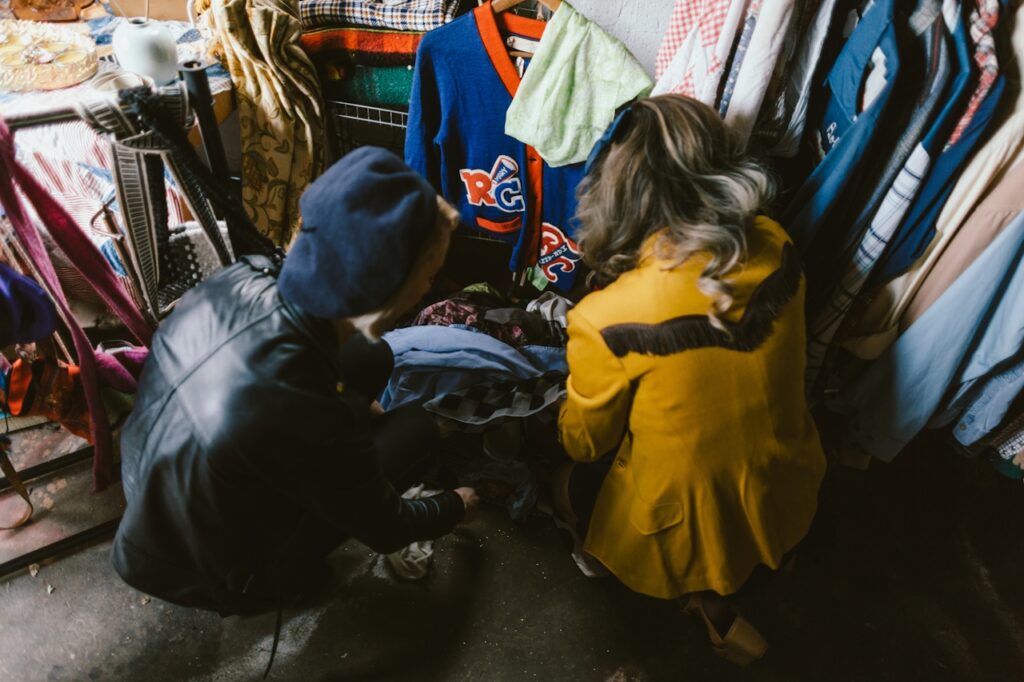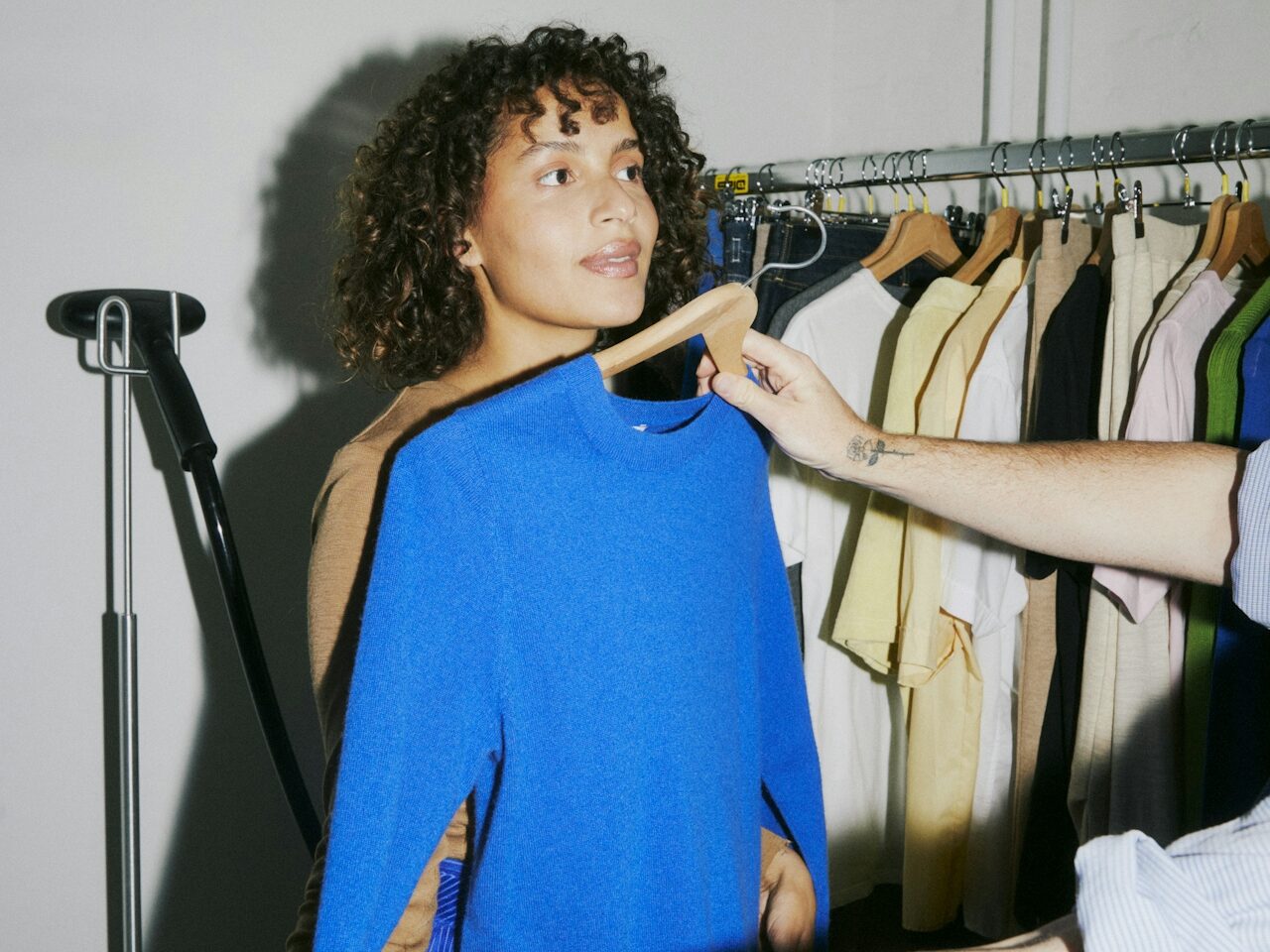5 thought experiments 2026
5 Five thought experiments to fix your returns before next peak Jennie Gerum December 2, 2025 6 min

Imagine this: You’re cleaning out your closet and come across a jacket you haven’t worn in years. It’s in great condition, but you’ve moved on to new styles.
Instead of letting it gather dust, what if that jacket could find a new home?
Not only would you be clearing space, but you’d also be contributing to something much bigger—a more sustainable way of living.
At Inretrn, we’re thrilled to see more businesses and consumers embracing the idea of giving products a second life.
This isn’t just about saving money; it’s about making a real impact on the environment and supporting a circular economy.
Now, consider this: In June and July 2024 alone, second-hand sales in Sweden hit an incredible 2.8 billion SEK.
That’s like the entire country deciding to buy 140,000 used cars in just two months!
And when we look at the first half of the year, the total turnover reached 8.7 billion SEK, with 2.5 billion SEK coming from fashion. Clearly, more and more people are choosing sustainable fashion over fast fashion.
In the first quarter of 2024, second-hand made up 4% of all retail sales in Sweden’s non-daily goods sector, and over 7% of fashion sales.
This isn’t just a passing trend—it’s becoming a key part of how people shop. And as more consumers turn to big global platforms that often sidestep sustainability regulations, supporting the second-hand market has never been more important.
But here’s the thing: to truly unlock the potential of second-hand shopping, we need a little help from policymakers.
Imagine how much more we could achieve if VAT on second-hand goods were reduced or if double taxation were eliminated. These changes would make it easier for businesses to go green and for consumers to make eco-friendly choices.
As we look ahead, the second-hand market in Sweden is poised for even greater things.
At Inretrn, we’re excited to see where this journey takes us and to help more businesses join the movement. We also have the tools to support any re-circling process a brand or retailer is looking to create or set up.
Together, we can make second-hand shopping the norm, creating a more sustainable future—one product at a time!
5 Five thought experiments to fix your returns before next peak Jennie Gerum December 2, 2025 6 min

Why the fashion industry is solving the wrong problem New research reveals that the solution to rising return costs isn’t better fit - it’s better control. Fashion brands have spent years ...

The real profitability killer in e-commerce The real growth metric in 2025 isn’t sales, it’s profit after returns.And the real profitability killer in e-commerce? It’s not returns thems...